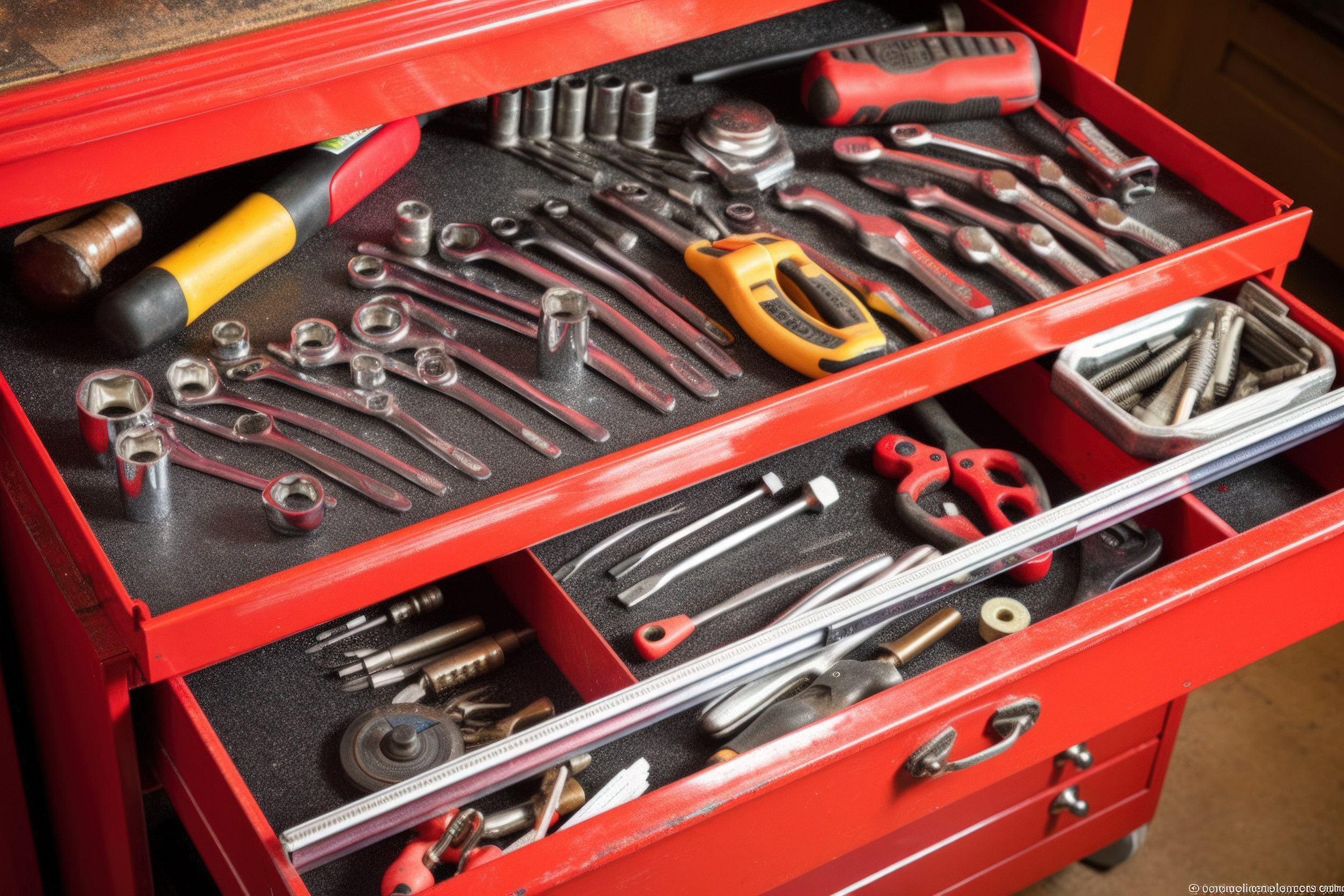
When an insurance agent asks about your toolbox, it isn’t small talk; it’s risk assessment. Many households own tools that quietly add up in value, especially if you’ve built a collection over the years. From power drills to specialty wrenches, a single toolbox can easily carry hundreds or even thousands of dollars’ worth of equipment. Insurance companies want to know what you own so they can properly estimate your personal property coverage. The last thing you want is to lose expensive tools in a theft or fire and realize your policy won’t cover the replacement cost. Here are some reasons your insurance agent might be asking about your toolbox.
1. Tools Count as Personal Property
Most homeowners’ and renters’ policies treat tools as personal property, just like furniture or electronics. If your agent is asking questions, they’re trying to determine how much of your coverage should go toward protecting those items. Standard policies often provide coverage limits that might not fully account for a well-stocked toolbox. By discussing this with your agent, you can avoid being underinsured in the event of a loss. This is particularly important if you use your tools regularly for repairs or hobbies.
2. High-Value Tools May Require Extra Coverage
Some tools, especially specialty or professional-grade ones, can be expensive enough to exceed normal coverage limits. If you own brand-name mechanics’ sets, woodworking equipment, or heavy-duty power tools, your agent may recommend additional endorsements. These add-ons raise your coverage for certain items beyond the standard policy cap. Without them, you may only be reimbursed up to a small limit that doesn’t match the true value. A quick inventory of your toolbox helps ensure you’re not paying out-of-pocket later.
3. Theft Risks Drive Insurance Questions
Tools are a top target for thieves because they are valuable, portable, and easy to resell. Insurance companies know this, which is why agents often ask about storage and security. If you keep your tools in a garage, shed, or truck, your agent may advise stronger locks or a security system. These precautions not only protect your gear but may also lower your premium. Answering honestly about where you store your tools helps your agent tailor coverage to your real risks.
4. Work Use Changes Your Coverage Needs
If you use your toolbox for a side hustle, contracting, or any kind of professional work, your tools may not be covered under a standard personal policy. Insurance companies separate personal use from business use, and that distinction matters when filing a claim. Your agent might suggest business property coverage or a separate policy for tools used on the job. Without this adjustment, you could face denied claims if your tools are stolen while at a worksite. Being upfront about how you use your toolbox ensures your coverage fits your lifestyle.
5. Documentation Matters for Claims
Your insurance agent may encourage you to keep receipts, photos, or even a digital inventory of your toolbox. This isn’t busywork; it’s proof of ownership and value if you ever file a claim. In the aftermath of a fire, burglary, or storm, it can be hard to recall every tool you owned. A documented record speeds up the claims process and strengthens your case for full reimbursement. Think of it as giving your insurance company the evidence they need to work in your favor.
6. Natural Disasters Put Tools at Risk
Weather-related damage is another reason agents focus on tool coverage. Floods, tornadoes, and hurricanes can wipe out garages and sheds in minutes. While your main home policy may cover losses, limits on outbuildings or certain categories of property can reduce payouts. That’s why agents often ask if your toolbox is stored outside your main residence. Knowing this detail helps them recommend coverage adjustments so you don’t lose out in a disaster.
7. Your Toolbox Tells a Bigger Story About Risk
To an insurance company, your toolbox isn’t just a box of hammers and sockets. It’s a window into your overall risk profile. A person with thousands of dollars’ worth of tools likely works on projects, owns a garage, and may take on higher-risk DIY activities. These details help agents evaluate the right balance of property, liability, and sometimes even auto insurance coverage. By being transparent, you allow your agent to see the bigger picture and protect you from multiple angles. It’s about ensuring that your entire lifestyle is insured, not just a few items.
A Simple Conversation That Saves You Money Later
Answering your insurance agent’s questions about your toolbox may feel unnecessary, but it’s really about preventing future headaches. Your tools represent both money and utility, and losing them can disrupt your daily life. By discussing their value, storage, and use, you’re helping your agent design a policy that truly protects you. A few extra minutes of conversation now can save you thousands in losses later. So next time your agent asks, take it seriously. It’s for your own financial safety.
Do you keep track of what’s in your toolbox, or would you be caught off guard if you had to list it today? Share your thoughts in the comments!
You May Also Like…
- Which DIY Materials Are Getting Flagged by Insurance Agents?
- 10 Car Modifications That Could Void Your Entire Insurance Policy
- What’s Behind the Spike in Insurance Denials for Home Repairs?
- 10 Shed Projects That End in Insurance Claims
- 5 Insurance Clauses That Erase DIY Repairs From Coverage
The post Why Is Your Insurance Agent Asking About Your Toolbox? appeared first on Clever Dude Personal Finance & Money.







